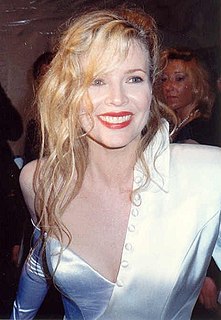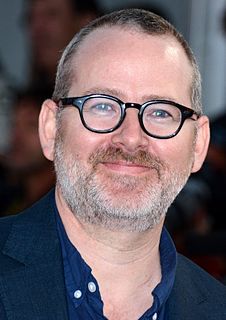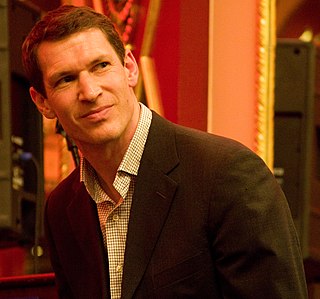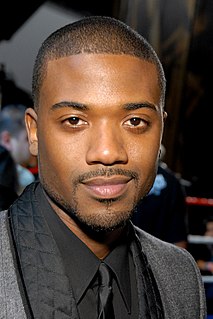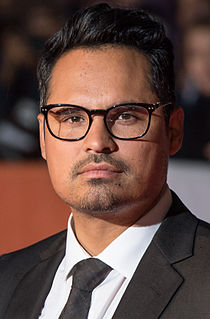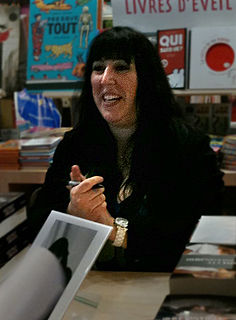A Quote by Kim Basinger
My dad studied at the American Conservatory in Chicago, so he lived on all those streets. He said the war probably saved his life because he'd have ended up a dead musician, with all the crazy stuff they did on Rush Street back in the day.
Related Quotes
My mom and dad are from the streets. My mom's from Chicago. My dad's from Memphis. My dad got out of school and got with my mom. They were hustlers. They were from the streets. They were doing their thing. The streets ain't got no love for the streets. You can light up the streets, or be a victim of the streets.
Because my dad's Chinese-American, and they're very concrete, he said, 'There's no money to be made in literature.' So he told me to go into the sciences. And I was a good girl. And I did what Daddy said. And that's how I ended up being a doctor. But you know, you just can't stamp out that desire to tell stories.
I've had people say, "You know, this 'Hope and Change' business, Rush, it's just as dangerous as, 'Make America Great Again,' all the specifics." And what you're really saying - even though you didn't voice this - is Barack Obama ended up being an authoritarian. He ended up being supported as an authoritarian because his wacko base wanted that stuff done - i.e., they wanted conservatives humiliated and defeated and ticked off and mad and losing everything, and they didn't care how Obama did.
If a man is called to be a street sweeper, he should sweep streets even as a Michaelangelo painted, or Beethoven composed music or Shakespeare wrote poetry. He should sweep streets so well that all the hosts of heaven and earth will pause to say, 'Here lived a great street sweeper who did his job well.
Patti [ Scialfa] was an artist and a musician and she was a songwriter. And she was a lot like me in that she was transient also. She worked busking on the streets in New York. She waitressed. She had - she just lived a life - she lived a musician's life. She lived an artist's life. So we were both people who were very uncomfortable in a domestic setting, getting together and trying to build one and seeing if our particularly strange jigsaw puzzle pieces were going to fit together in a way that was going to create something different for the two of us. And it did.
My life has had a lot of fits and starts: before I studied literature at all I was a musician, and began undergrad as a conservatory student. I started studying literature in my third year of college, when I took a poetry course with James Longenbach that was pretty extraordinary. It changed my life.
We tried the first evening to go down Division Street and Rush Street, but we couldn't get in anywhere because they didn't like [ Emilio Estevez] sneakers and they didn't like my boots. This was 1983 or '84, so it was ridiculous. We ended up at a jazz club, where you go downstairs and there's a very cool place.
We're in the Chicago suburbs, ruling our 'hood and the streets that lead here. It's a street war, where other suburban gangs fight us for territory. Three blocks away are mansions and million-dollar houses. Right here, in the real world, the street war rages on. The people in the million-dollar houses don't even realize a battle is about to begin less than a half mile from their backyards.
